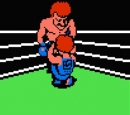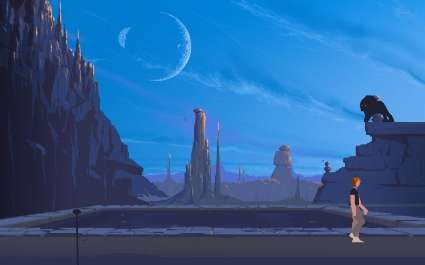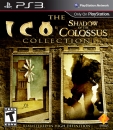
Twisted Metal and God of War designer David Jaffe has given his thoughts on storytelling in today’s videogames. More precisely, why this particular aspect of games is not yet quite where it should or can be.
“It causes grave concern,” Jaffe begun when asked if the idea of using gestures to impact a game’s story inspires or causes concern in him as a designer. “I am very worried.”
“I have concern on the global concept of story-telling merging with interactivity … A lot of games need stories, they need context, they need characters, they need intellectual property that brings people to those titles. If you just played Metal Gear Solid without any of the trappings of that story, it would be significantly less than half the game.”
He continued: “So I’m not suggesting ‘let’s just make everything blocks and circles and pure play mechanics,’ but I am suggesting that I think that once you get into the play mechanics realm, whether it’s grinding to level up your character or whether it’s about trying to solve a spatial relation puzzle in a game like God of War or Tomb Raider or Uncharted 2, your mind goes somewhere else and your brain I believe is active in certain aspects where you’re trying to sort of use resources and inventory and remembering control inputs in order to move forward.”
“And a lot of the story stuff; it’s not like it’s unwanted but I think it’s uneffective. So when you talk about slapping somebody — I know when you pitch it, probably in your mind you’re thinking you’re caught up in a heated moment in Mass Effect 3 or what have you and it’s like ‘ok, I feel like I’m the character’. But to me what’s happening is ‘ok, I failed that interaction three times in a row, let me try a slap now’; it breaks down very quickly to the core mechanics of what you’re doing and the story seems to dissipate. It becomes a means to an end versus living in the moment and experiencing the story.”
“And I’m not suggesting story doesn’t have a place and it’s not the future. I’m suggesting I don’t think the nut has been cracked properly yet,” he concluded
http://www.thatvideogameblog.com/2010/03/08/jaffe-storytelling-not-cracked-properly-yet/































































